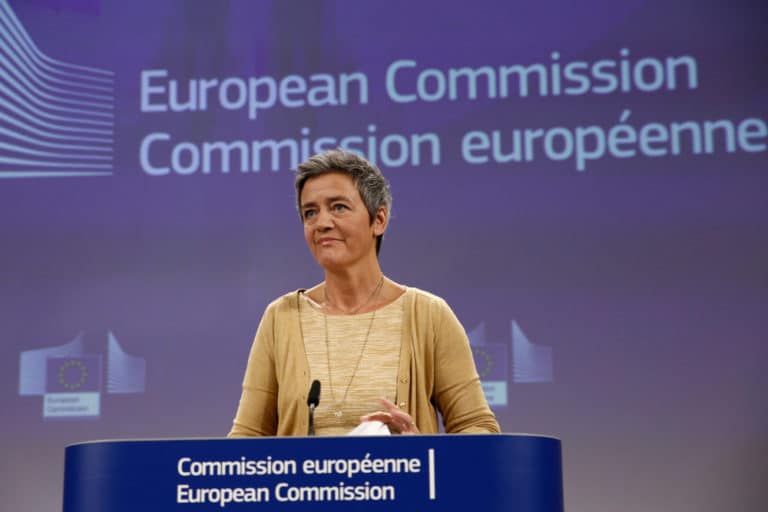Competition Commissioner Vestager says that the new virtual world environments deserve scrutiny.
Last week an international group of competition regulation enforcers, academics and legislators met in Brussels to discuss the new challenges facing the “competition policy community”. The conference, organised by Keystone Strategy, focused on “post-Covid enforcement, resilience, innovation, concentration, labour markets, digital regulation & digital diversity, privacy & antitrust”.
The European Commissioner for Competition, Margarethe Vestager, delivered the keynote address for the event, in which she laid out emerging antitrust challenges in a rapidly changing world.
The future is now
Vestager focused on what she called the “Digital Shift’ going on in the world today. She remarked that when it came to digital transformation, “dominance, entrenched positions and abuses have rather been the norm”. She added that policy makers need to anticipate and plan for change, “given the obvious fact that our enforcement and legislative process will always be slower than the markets themselves”.
“For example, it is already time for us to start asking what healthy competition should look like in the Metaverse, or how something like ChatGPT may change the equation”, she said.
She referenced the EC’s adoption of the Apple Statement of Objections, which focuses on the tech giant’s anti-steering provisions and its impact on the music streaming market, as well as the Commission’s actions against Facebook Marketplace and Meta’s “illegal unfair trading practice“.
A full “toolbox” for the digital world
“What is important is that enforcers have the entire toolbox available to intervene”, Vestager said. “This can be interim measures, commitments like in the recently concluded Amazon case, infringement decisions with fines or ex-ante regulation. We also have a full toolbox when it comes to remedies to put an end to illegal behaviour or systematic non-compliance under the DMA [Digital Markets Act]”, she said. “Structural remedies might be a last resort, but they are definitely part of the antitrust and DMA toolbox”, she added.
Rather than breaking a business up, Vestager said, enforcers should make sure that markets “don’t tip in the first place”. She noted that the Commission has increased the scrutiny of tech mergers in recent years. Moreover, Europe’s DMA will give competition watchdogs “a more systematic overview of gatekeeper acquisitions”. “So we will remain vigilant on deals that involve large platforms with market power”, she promised.
